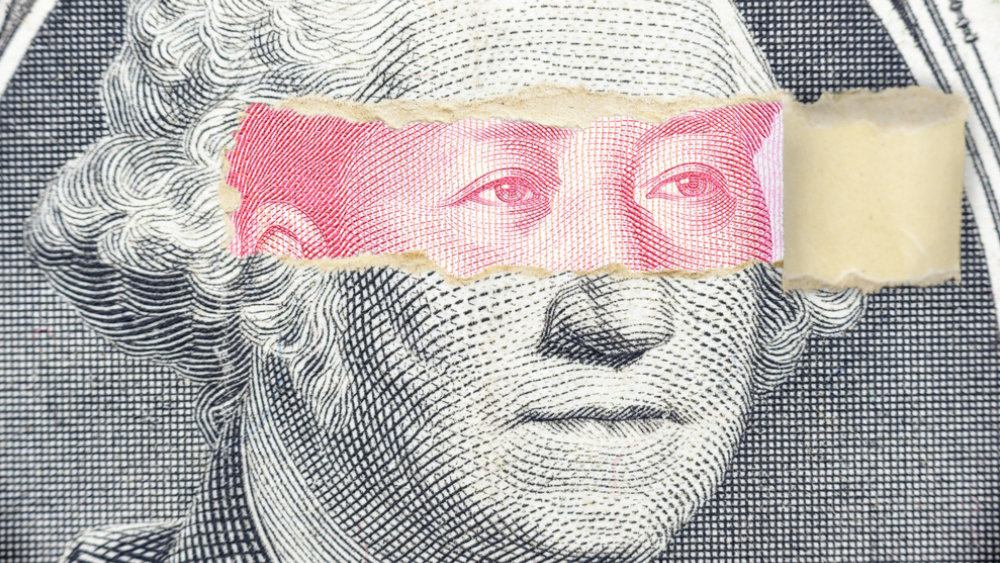Foreign investments in the Chinese yuan assets have touched a record high in 2024. Overseas investors are participating massively in the growing Chinese economy, giving the Communist country a boost. The latest data shows that net foreign investments in China’s domestic bonds have surpassed $80 billion in Q3 of 2024.
Also Read: Ripple Case & SEC Enforcement: Clarity from Lawyer, Gensler’s Stance
In addition, foreign holdings of Chinese yuan-denominated bonds have crossed the $640 billion mark, a record high. Investments in the Chinese stock market have also increased tenfold compared to last year. This development indicates that investors’ confidence in China’s growth is at an all-time high.
Also Read: U.S. Dollar Falls 11.5% Against the Thai Baht
Chinese Yuan Top Beneficiary of Foreign Investments
Source: TheCradle.co
Foreign investments provide ample opportunities for the Chinese markets to grow and expand. They will also help the economy transform in the coming years. While China’s economy remains stable currently, the next few years could see robust growth. The Chinese yuan will be the top beneficiary of a strong economy fueled by foreign investors.
Also Read: Alphabet (GOOGL) Stock: Jim Cramer vs. Brian White – Who’s Right?
The scale of China’s foreign exchange reserves also steadily increases. The balance of foreign exchange reserves reached $3.3164 trillion, an increase of $78.4 billion compared to 2023. This puts the Chinese yuan on robust growth path and could dominate the Asian currency markets.
“It reflects the confidence of international investors in the long-term improvement of the Chinese economy and their positive outlook on the Chinese market,” said Wang Peng, a researcher at the Beijing Academy of Social Sciences Global Times. Moreover, the Chinese yuan has remained stable for three months with little to no significant declines.
Also Read: Google (GOOGL) Q3 Report To Look Rosy,Targets $200
“The stable development of the foreign exchange market also provides a more stable and predictable financing environment for foreign trade enterprises, helps improve the efficiency of financial resource allocation, and provides stronger financial support for the development of the real economy,” Wang noted.
